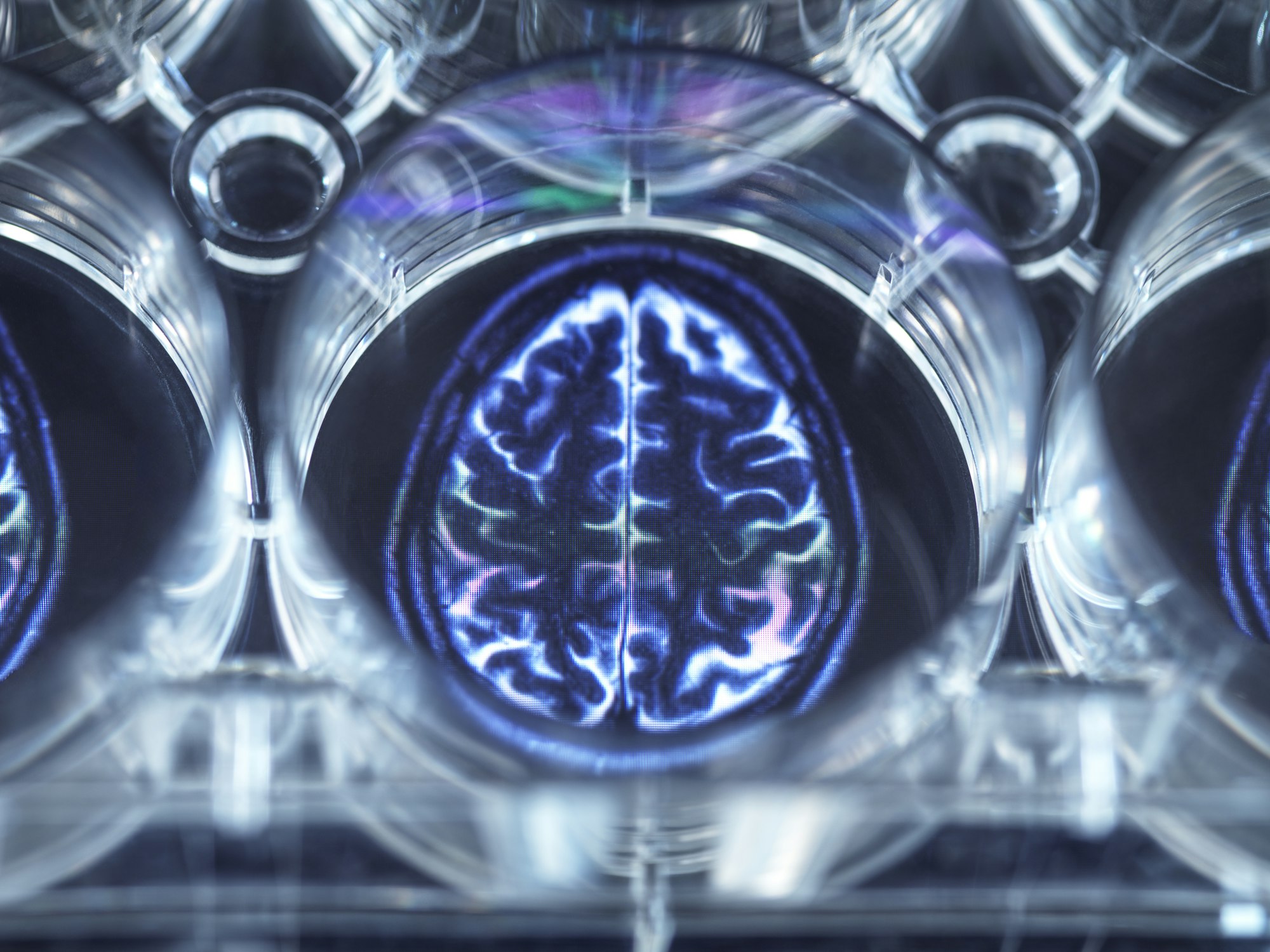Introduction to Neuralink’s Innovation
Neuralink, the innovative neurotechnology company founded by Elon Musk, has recently been making waves with its groundbreaking brain chip implant. This incredible device promises to change the way our brains interact with computers, opening up amazing possibilities for medical treatment, enhancing our cognitive abilities, and improving how we interact with technology.

The Science Behind Neuralink’s Brain Chip
Neuralink’s brain chip, often called a “neural lace,” is an advanced device designed to be implanted directly into the brain. It’s made up of ultra-thin, flexible threads embedded with thousands of electrodes that can monitor and stimulate brain activity with incredible accuracy. These threads are thinner than a human hair, allowing them to blend seamlessly with brain tissue without causing significant damage.
Key Features and Capabilities
High-Resolution Neural Recording
One of the most exciting advancements offered by Neuralink’s brain chip is its ability to record brain activity at an incredibly detailed level. This high-resolution recording capability allows researchers and doctors to understand brain functions and disorders better, leading to more effective treatments for conditions like epilepsy, Parkinson’s disease, and spinal cord injuries.
Real-Time Data Transmission
Neuralink’s brain chip can transmit data in real-time to external devices like smartphones or computers. This means continuous monitoring of brain activity and real-time feedback for users. For patients with neurological disorders, this could mean more responsive and personalized treatment options.
Bidirectional Communication
Unlike traditional brain-computer interfaces that mainly focus on reading brain signals, Neuralink’s device supports bidirectional communication. This means the chip can both read from and write to the brain, opening up possibilities for direct neural control of external devices, enhanced cognitive functions, and even memory enhancement.
Applications of Neuralink’s Technology
Medical Treatments
Neuralink’s brain chip holds enormous potential for the medical field. By accurately monitoring and modulating brain activity, the device could offer new treatments for various neurological conditions. For example, it could help control seizures in epilepsy patients, alleviate symptoms of Parkinson’s disease through targeted stimulation, and even restore motor functions in individuals with spinal cord injuries.
Cognitive Enhancement
Beyond medical applications, Neuralink’s technology also offers exciting possibilities for cognitive enhancement. By interfacing directly with the brain, the chip could potentially enhance memory, improve learning capabilities, and boost overall cognitive performance. This could revolutionize fields like education, professional training, and personal development.
Human-Computer Interaction
Neuralink’s brain chip represents a significant leap forward in human-computer interaction. By enabling direct neural control of digital devices, users could interact with computers, smartphones, and other technology using only their thoughts. This could lead to more intuitive and efficient ways of working, gaming, and communicating.
Ethical and Societal Considerations
While the potential benefits of Neuralink’s brain chip are vast, it is essential to consider the ethical and societal implications of this technology. Issues such as privacy, security, and the potential for misuse must be carefully addressed. Ensuring that the technology is accessible and beneficial to all, rather than exacerbating existing inequalities, is also a crucial consideration.
Conclusion
Neuralink’s brain chip implant is a groundbreaking innovation that promises to transform our understanding of the brain and its capabilities. With applications ranging from medical treatments to cognitive enhancement and human-computer interaction, this technology has the potential to significantly impact various aspects of our lives. However, as we move forward, it is crucial to address the ethical and societal challenges to ensure that this revolutionary technology benefits humanity as a whole.
Neuralink’s brain chip implant stands at the forefront of neuroscience and bioengineering, poised to make a profound impact on the future of human health and capabilities. This exciting technology has the power to change lives, and with careful consideration of its ethical implications, it can truly benefit all of humanity.

Frequently Asked Questions (FAQ)
1. How does Neuralink’s brain chip implant work?
Neuralink’s brain chip, or “neural lace,” is designed to be implanted directly into the brain. It consists of ultra-thin, flexible threads embedded with thousands of tiny electrodes that can monitor and stimulate brain activity with incredible precision. These threads are thinner than a human hair, allowing them to blend seamlessly with brain tissue. The chip records high-resolution neural activity and transmits this data in real-time to external devices like smartphones or computers, enabling both monitoring and control of various functions.
2. What are the potential benefits of Neuralink’s brain chip?
The potential benefits of Neuralink’s brain chip are vast and truly exciting. For medical treatments, it could offer new ways to manage and treat neurological conditions like epilepsy, Parkinson’s disease, and spinal cord injuries. In terms of cognitive enhancement, the chip could improve memory, learning capabilities, and overall brain performance. Additionally, it revolutionizes human-computer interaction by allowing users to control digital devices with their thoughts, making technology more intuitive and efficient to use.
3. What ethical and societal considerations are associated with Neuralink’s brain chip?
While the possibilities of Neuralink’s brain chip are amazing, it’s crucial to consider the ethical and societal implications. Privacy and security are significant concerns—ensuring that personal brain data is protected is essential. There’s also the potential for misuse, so regulations and guidelines must be in place to prevent abuse. Furthermore, it’s important to make this technology accessible to everyone, avoiding any increase in social inequalities. Addressing these issues thoughtfully will help ensure that Neuralink’s groundbreaking technology benefits all of humanity.
Sources The Guardian


